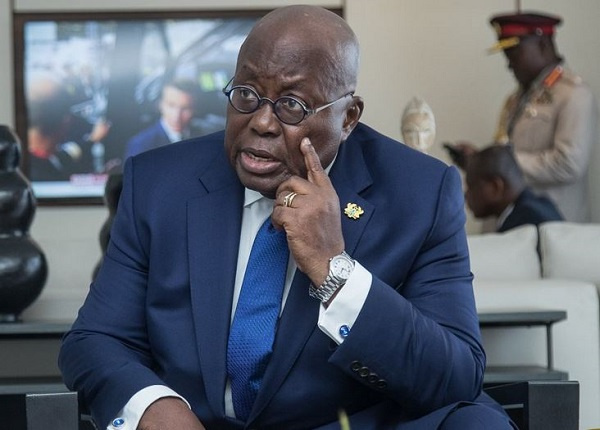
This direction is despite the myriad economic challenges the country is currently facing.
Negotiations that led to the decision began in November amid several economic crises in Ghana. After negotiations, the country’s trade union representing public service employees and the Government of Ghana agreed to a 30% pay rise for public employees.
Last year was the worst for Ghana economically in its recent history.
Ghana is facing one of the worst levels of inflation in the world, reaching a 21-year high of 502%. At one time, the country had one of the worst-performing currencies in the world, fluctuating between worst and second-worst.
To remedy this situation, Ghana’s finance minister, Kenneth Nana Yaw Ofori-Atta, pushed for a $3 billion loan from the International Monetary Fund (IMF), which is still delayed today.
While the IMF had its reservations but was ultimately inclined to approve the loan, the Ghanaian public strongly opposed the initiative, protesting that the country did not need to increase its debt service, while the country’s parliamentarians were increasingly disappointed that the loan had not been granted. Secured.
These and other financial complications made 2022 a very turbulent year for Ghana. However, the country has been able to turn its fortunes around, with the country’s currency going from being the worst-performing currency in the world to the best.
Since then, the country’s economic trend has fluctuated and inconsistent headlines about the Ghanaian economy have made the news rounds.

